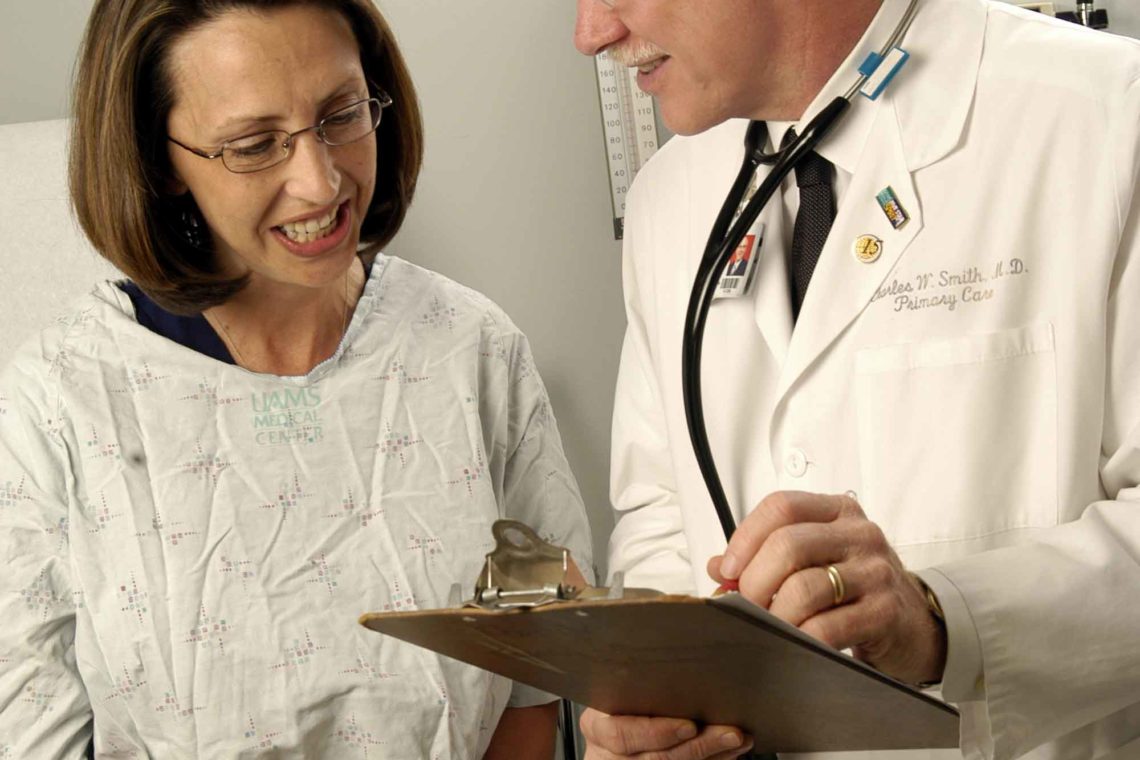An update of a previous Cochrane review was published in January, 2019 to ask the question whether general health checks reduce illness and deaths. They examined 15 reported trials of annual examinations which included 251,298 participants. Their conclusion is that general health checks are unlikely to be beneficial.
This is a somewhat disturbing conclusion from a very reliable source, which leads me to reconsider the role of the annual physical exam. Does this mean that we should discontinue the practice of annual visits? Most of the insurance companies, including Medicare either recommend or may even require, an annual visit.
I do feel that a comprehensive history and physical is important sometime between the ages of 40 and 50 to determine “baseline” status, identify any conditions that need attention, such as high cholesterol, high blood pressure, or obesity, and to have a discussion about the importance of diet, exercise and other issues that constitute a healthy lifestyle. I also believe that periodic visits with your pcp are helpful to establish or strengthen the relationship with him or her, and to create a comfortable environment for future communication. Any identified chronic conditions will change the discussion and visits for follow up of these conditions should be established to monitor the effectiveness of treatments and identify potential complications that need to be addressed.
But, it puts into perspective the notion that a preventive or annual visit, with lab work, is needed every year for persons who are in good health and have no chronic conditions. In such cases, the likelihood is that no additional benefit will be received, and that it is likely that unnecessary expense will be incurred screening for conditions that have already been eliminated.
I think, perhaps, and more reasonable plan for interacting with your pcp is to see him/her for any acute changes or conditions and to monitor chronic conditions. If all is well, a visit to review status and consider repeat screening blood work should be done every 2 to 3 years. Even that schedule needs to be tested for appropriateness, but it is more reasonable than adherence to a slavish annual visit schedule for healthy patients.

